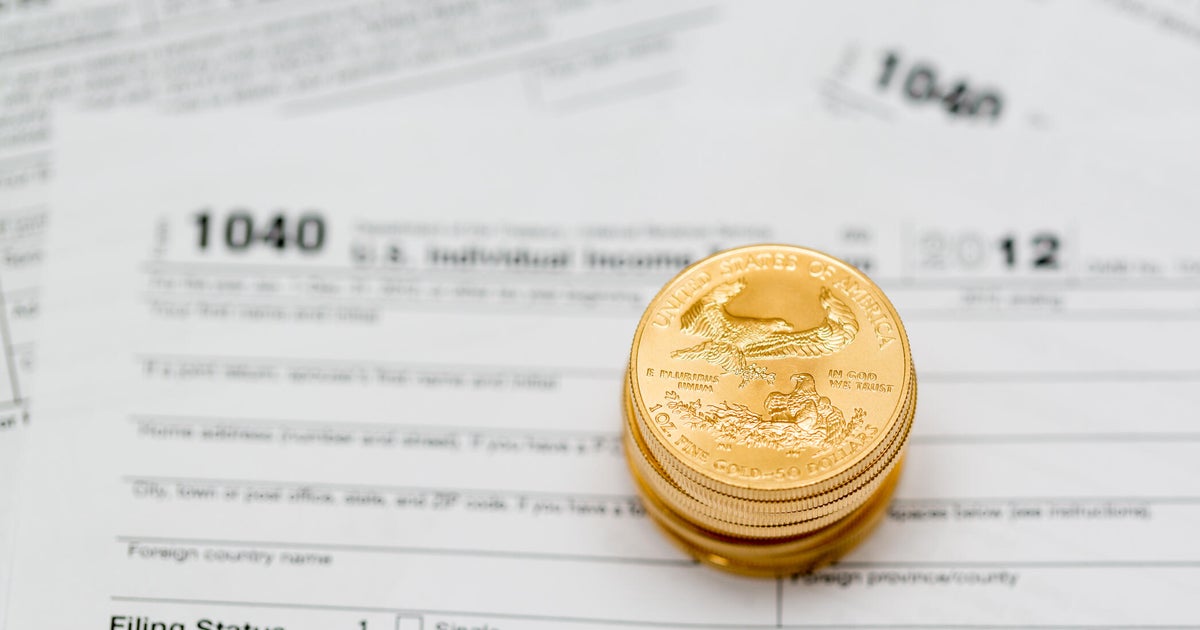4 huge gold investing red flags to watch for
Investing in precious metals like gold has long been considered a safe haven for preserving wealth. Not only does gold tend to retain its value and grow over time, but it can also help to hedge against inflation and lessen the risk from the other investments in your portfolio — which is why so many investors flock to it during periods of market volatility or uneven economic performance.
However, as the demand for gold continues to rise, so does the number of gold investing scams. These scams can lead unsuspecting investors down a perilous path, resulting in significant financial losses. So, in order to safeguard your hard-earned money, it's crucial to be aware of the warning signs of gold investment scams. Below, we'll break down how to do just that.
Wondering how gold investing can benefit you? Learn more with a free information kit.
4 huge gold investing red flags to watch for
If you're planning to invest in gold, here are some common red flags to watch out for.
Unregistered or unlicensed sellers
One of the most significant red flags when it comes to gold investing is dealing with unregistered or unlicensed sellers. Legitimate sellers of gold should be registered with the appropriate authorities and hold the necessary licenses to operate legally, so it's crucial to verify the seller's credentials and ensure they are compliant with all relevant regulations before making any investment.
Why is this a red flag?
Unregistered or unlicensed sellers may not adhere to industry standards, making it difficult to trust the quality and authenticity of the gold they are offering. Additionally, dealing with such sellers can put your investment at risk of fraud or misrepresentation.
How to protect yourself:
- Verify the seller's credentials with relevant government agencies or financial regulators.
- Check for information on the seller's legitimacy from reputable sources. The U.S. Mint, the Better Business Bureau and the Commodity Futures Trading Commission (CFTC) are valuable resources for verifying a seller's legitimacy.
- Always deal with well-established and reputable dealers or institutions and avoid dealing with sellers who cannot provide proper documentation.
Find out more about your gold investing options here.
Unsolicited offers
Receiving unsolicited offers to invest in gold can be another major red flag to watch for. Whether it's through cold calls, emails or social media messages, unsolicited offers should be approached with caution. Scammers often use high-pressure tactics and false promises to lure investors into fraudulent schemes and then disappear once the funds have been collected.
Why is this a red flag?
Genuine gold investment opportunities typically don't come through unsolicited offers. These offers may involve hidden fees, inflated prices or non-existent gold, putting your investment capital at risk.
How to protect yourself:
- Be skeptical of unsolicited offers and never rush into making an investment decision.
- Research the offer thoroughly and verify the legitimacy of the company or individual contacting you.
Lack of physical gold ownership
Investors should be wary of gold investment opportunities that do not involve the actual ownership of physical gold. Some gold investment scams involve paper or digital contracts without actual ownership of physical gold. If the investment only offers a promise of returns without physical gold backing, it's a potential scam.
Why is this a red flag?
Investing in gold without owning the physical asset can be risky, as it may not provide the same level of security and value preservation as holding physical gold. In some cases, this type of opportunity may turn out to be a fraudulent investment or another type of scheme.
How to protect yourself:
- Choose investments that offer physical gold ownership or exposure.
- Avoid schemes that promise unrealistic returns without transparent backing in physical gold.
- Understand the terms and conditions of your investment, including how and when you can access your physical gold holdings.
No independent reviews or references
A lack of independent reviews or references is another red flag to watch out for when considering a gold investment. Legitimate investment opportunities should have a track record and references from reputable sources. And, the absence of any credible references can indicate a scam.
Why is this a red flag?
Without independent reviews or references, it's challenging to verify the legitimacy and performance of a gold investment opportunity. Scammers often operate in the shadows, avoiding any scrutiny from independent parties.
How to protect yourself:
- Research the investment thoroughly and seek independent reviews or references from trusted sources, like financial publications or industry experts.
- Look for testimonials and feedback from other investors who have successfully participated in the same investment opportunity.
- Be cautious if the investment lacks any verifiable track record or transparency.
The bottom line
Investing in gold can be a wise strategy for diversifying your portfolio and preserving wealth, but it's essential to be vigilant and aware of potential scams. Remember that there are no shortcuts to guaranteed riches, and any investment that promises quick, risk-free returns should be viewed with skepticism. Always do your due diligence, seek advice from financial professionals and rely on reputable sources when considering gold investments. Protect your financial well-being by staying informed and cautious in the world of gold investing.




